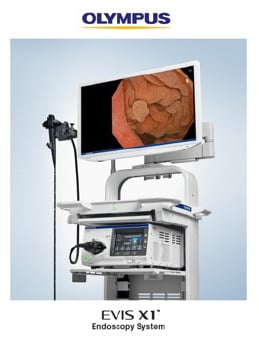A urogynaecology service sees women who are experiencing pelvic floor problems. These can include leakage of urine, problems relating to an overactive bladder, painful bladder syndrome, pelvic organ prolapse (bladder, vagina, and uterus), and recurrent urinary tract disorders.
A pelvic floor is a group of muscles that support the bladder, bowel, and uterus in women. These muscles help support the spine, maintain bladder and bowel control, prevent prolapse and play an important role in sexual function. The pelvic floor can be weakened by pregnancy, childbirth, obesity, lifting and exercise that overload the pelvic muscles, menopause, ageing, chronic coughing, and the straining of chronic constipation.
A urogynaecology service can include the evaluation, diagnosis, treatment, and management of pelvic floor conditions.
Urogynaecology investigative and diagnostic tests include cystoscopy, uroflowmetry, and urodynamics.
Treatment for pelvic floor conditions include:
- Behavioural therapy—relaxation techniques, pelvic floor muscle training with specialist physiotherapists, and dietary changes can help manage symptoms.
- Vaginal pessaries— are soft, flexible devices placed in the vagina to help support the bladder, vagina, uterus, and/or rectum.
- Medications—drugs and topical medications may be a treatment option.
- Surgery—ranges from minimally invasive and laparoscopic procedures to reconstructive surgery, depending on the woman’s condition. Surgery can rebuild pelvic floor support, repair prolapse, insert vaginal tape and mesh for urinary leakage, repair damaged anal or sphincter muscles, and may remove the uterus (hysterectomy).


